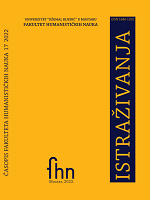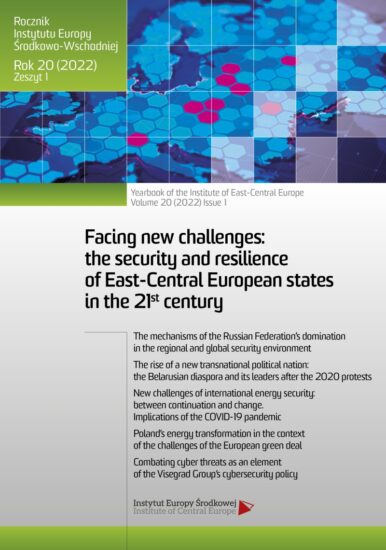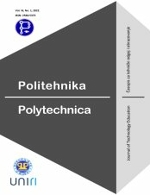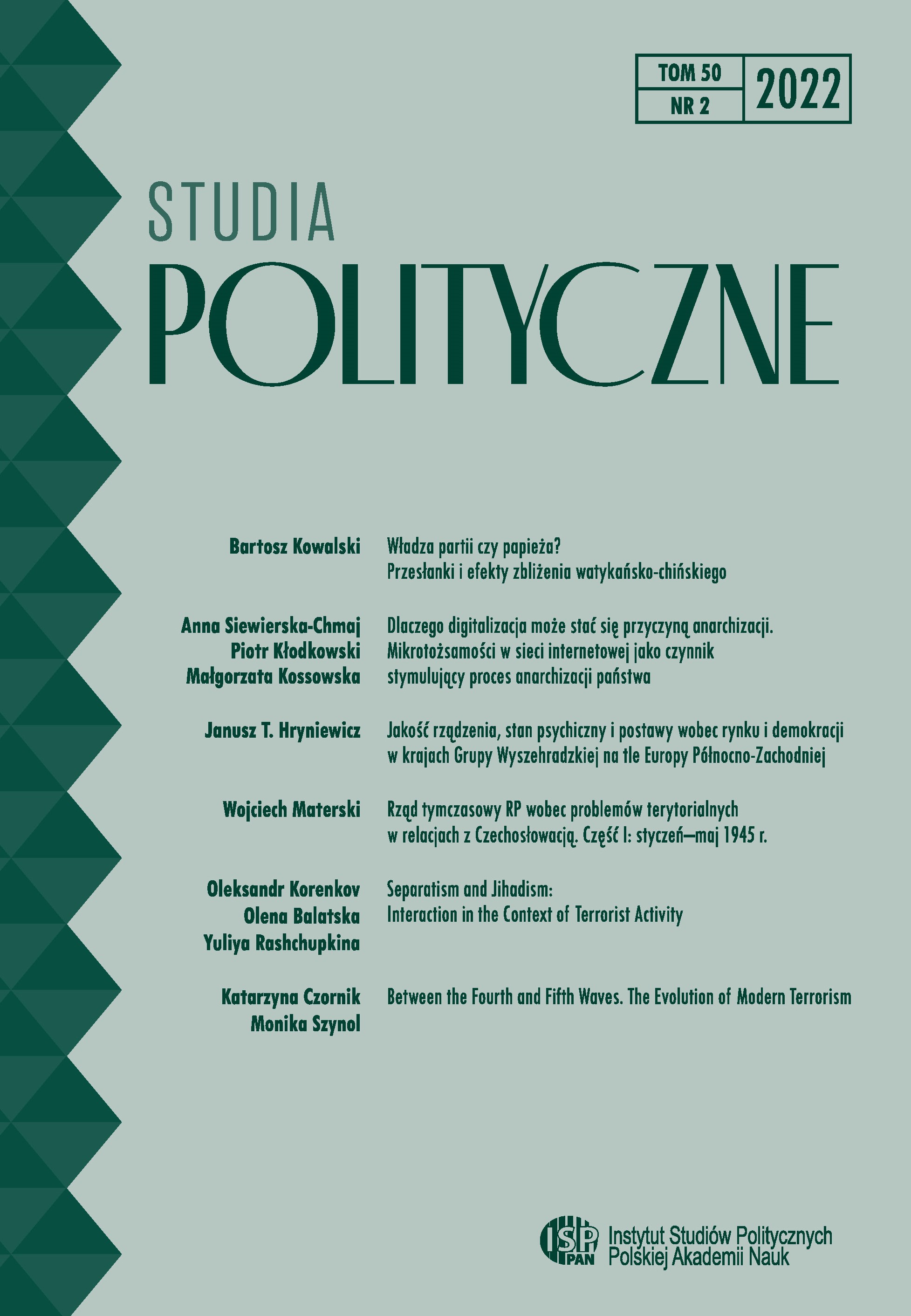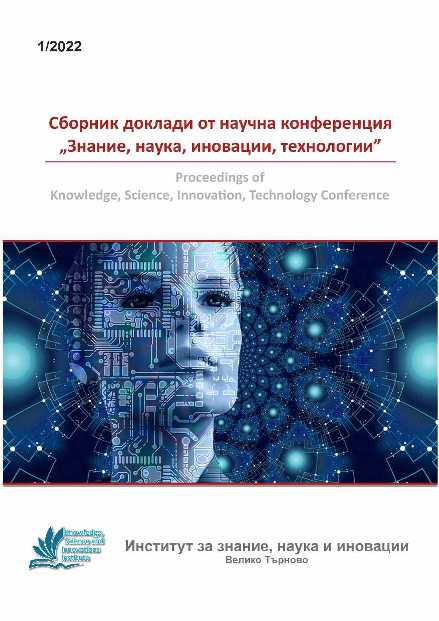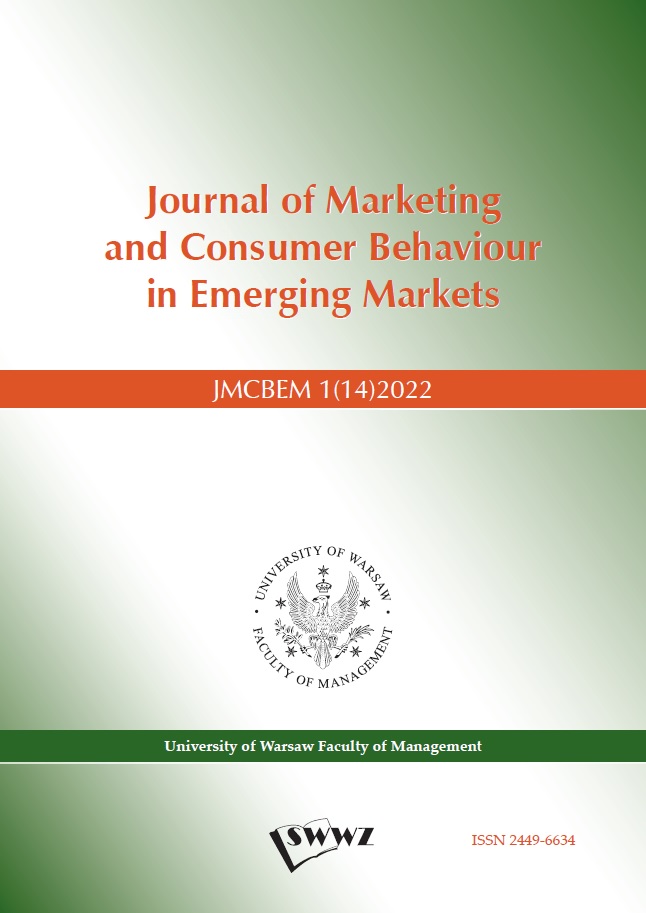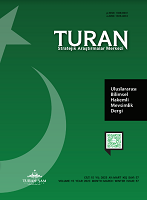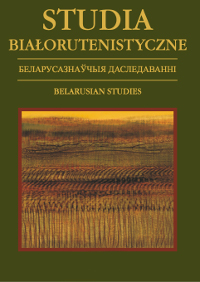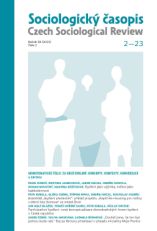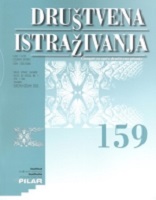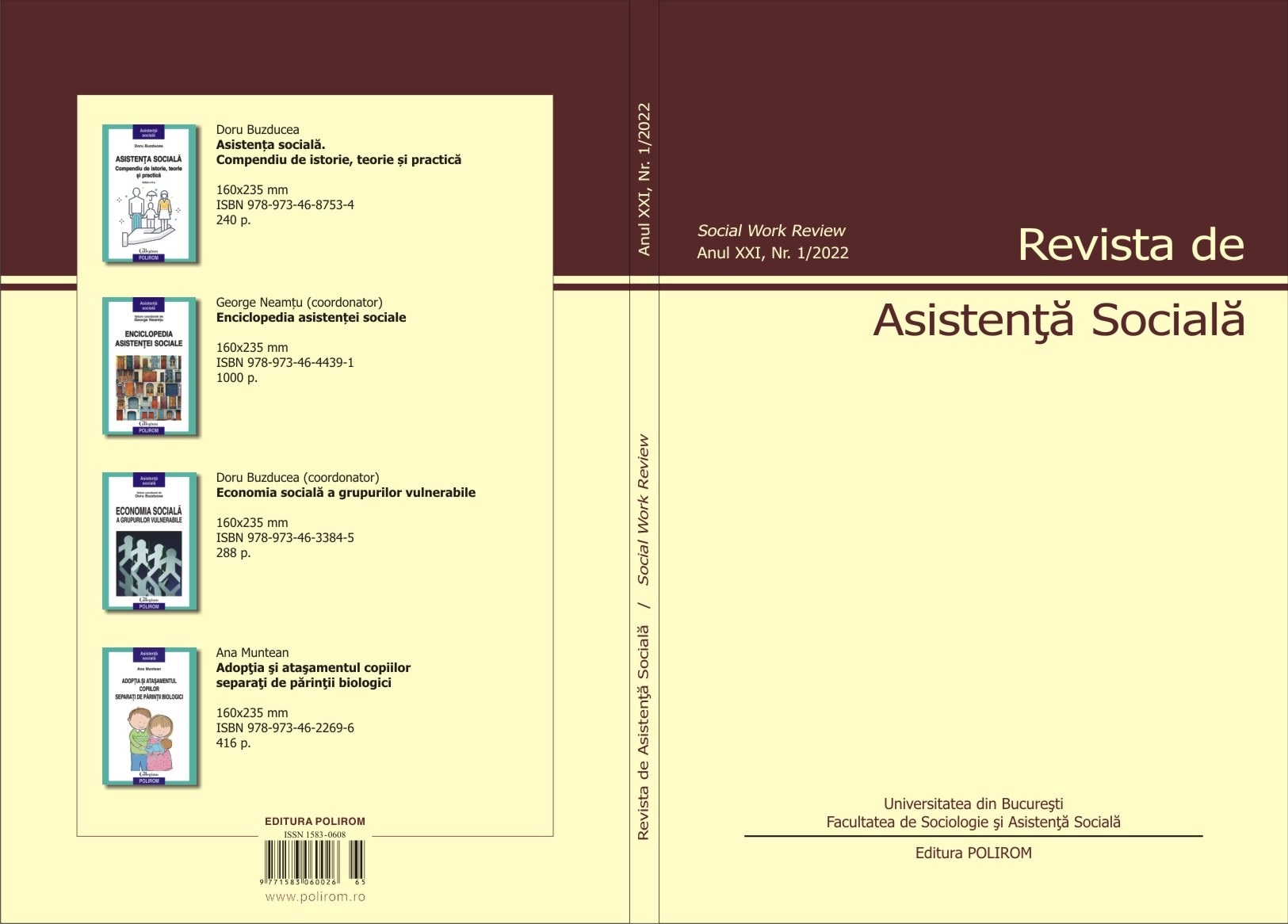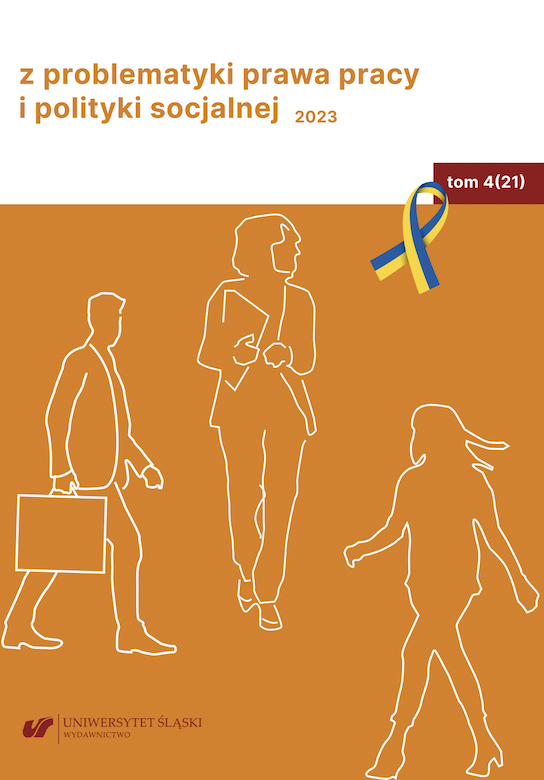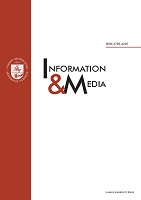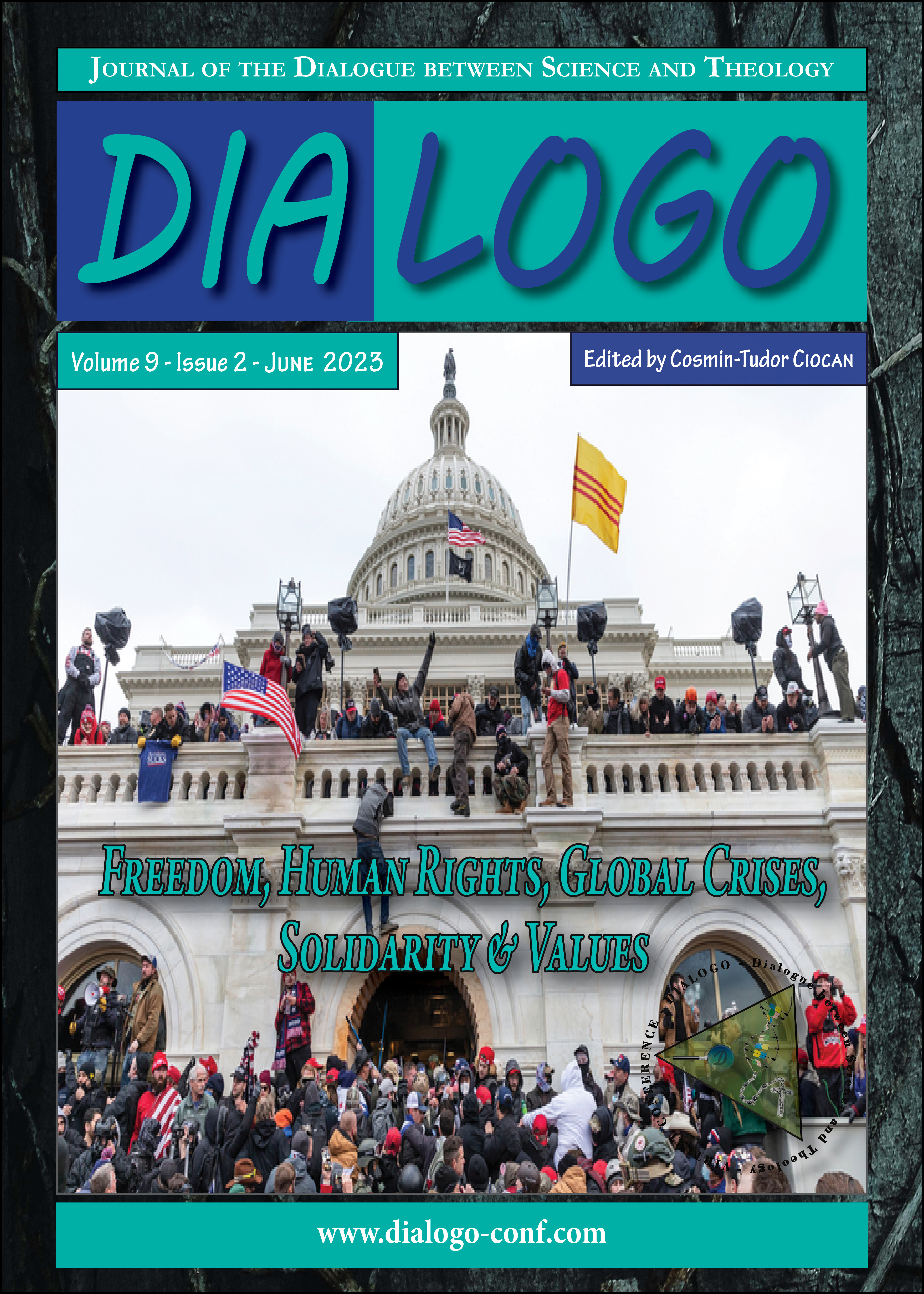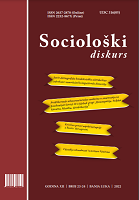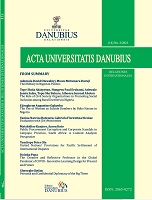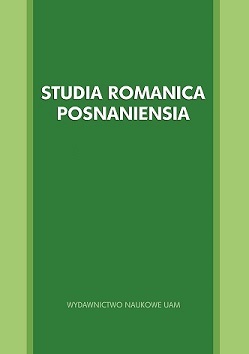Author(s): Renisa Beqiri,Edvin Lame / Language(s): Bulgarian
Issue: 1/2022
The relationship with authority is a fundamental element in any social context, since any social organization, whether it is a family or an institution, is based on a hierarchical structure that functions adequately (Baysu & Phalet, 2017). The psychological factors that encourage as well as discourage participation in social protests are often unfortunately neglected in the social sciences (Aydin, 2015). In recent years, social movements have developed on a large scale, and the implications of these movements from the point of view of protesters are attracting increasing attention around the world. Psychological research tends to focus on discovering the reasons why people choose to protest or not (Uluğ & Acar, 2018). Societies develop systems of beliefs, values, norms and representations to understand and interpret events. Therefore, in order to understand the behavior of people who obey or disobey authority, one must understand what the concepts of obedience and disobedience are, as well as the emotions that people experience when they obey authority or protest (Drury & Reicher, 2000).The relationship with authority is a fundamental element in any social context, since any social organization, whether it is a family or an institution, is based on a hierarchical structure that functions adequately (Baysu & Phalet, 2017). The psychological factors that encourage as well as discourage participation in social protests are often unfortunately neglected in the social sciences (Aydin, 2015). In recent years, social movements have developed on a large scale, and the implications of these movements from the point of view of protesters are attracting increasing attention around the world. Psychological research tends to focus on discovering the reasons why people choose to protest or not (Uluğ & Acar, 2018). Societies develop systems of beliefs, values, norms and representations to understand and interpret events. Therefore, in order to understand the behavior of people who obey or disobey authority, one must understand what the concepts of obedience and disobedience are, as well as the emotions that people experience when they obey authority or protest (Drury & Reicher, 2000). This article provides a theoretical and empirical overview, through a detailed literature review, of the reasons that lead people to social protest. A detailed psychological review of emotions, behavior, performance, forms of interaction and reasons for prosthetics is given, which is combined with various models of theoretical interpretation.
More...
